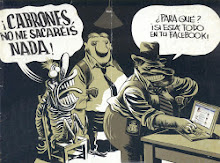Willie’s talent deserved wider recognition. Docherty, his working-class masterpiece, set a path for James Kelman and Irvine Welsh and his Laidlaw trilogy inspired Tartan Noir
Bert Wright
When the great Scottish poet Hugh MacDiarmid died, his fellow poet Norman McCaig suggested that instead of two minutes’ silence, Scotland should observe “two minutes’ pandemonium” to celebrate the pugnacious demeanour of his departed comrade. With sadness I’m tempted to propose a similar celebration for another fine Scottish writer, the novelist, crime writer, columnist, socialist and sometimes thrawn controversialist, William McIlvanney, who died towards the end of last year aged 79.
Irish women dramatists are not the only genus to experience under-appreciation, for while Willie enjoyed shaman-like status among his ain folk, he never quite achieved the international recognition his considerable literary talent deserved. Perhaps, like many another writer, he peaked too early when his masterpiece, Docherty, won the Whitbread Novel of the Year in 1975 (sandwiched between greats, Iris Murdoch the year before, and William Trevor the year after).
Voted among the 100 Best Scottish Books, Docherty embodied McIlvanney’s desire to “give working-class life the vote in the literature of heroism”. At a remove of several decades, I remember reading it with a mounting sense of excitement; here was a writer boldly asserting the validity of working-class experience as a fit subject for literature.
There is a memorable scene where a young boy is beaten in school for speaking in Scots vernacular, “the language of the gutter” according to the tyrannical schoolmaster. Willie’s writing inspired a kind of fist-pumping solidarity against that sort of prejudice. His novels are tough, polemical, didactic, and if he sometimes wielded invective like a lump hammer, the effect upon his readers was no less dramatic. Docherty cleared a path for other Scottish vernacular writers like James Kelman and Irvine Welsh who arguably achieved more in terms of glittering prizes and celebrity status but then, it’s not always the pioneers who get to settle the land.
McIlvanney was also canny enough to locate the literary possibilities (and the commercial potential) in the crime fiction genre, his brilliant Laidlaw trilogy later being credited with inspiring the Tartan Noir school of Scottish crime writing. Taggart, the popular TV crime series, owed much to the Laidlaw books and Ian Rankin, a huge admirer of McIlvanney’s, has been quick to acknowledge Laidlaw as an influence on his own Rebus series.
Willie was also a gregarious writer, a man always willing to add to the gaiety of nations when the occasion arose. One such opportunity arose when Willie was guest of honour at a swanky awards do in Edinburgh’s George Hotel. The sponsor, a whisky distiller, had presented him with a bottle of the finest vintage malt, which most men would have taken home for slow, private consumption. Willie, however, invited a gang of us to his room for a rowdy seminar on his governing passions of books, football and politics. Time was duly put to the sword with the magnum of uisce beatha among the fallen.
On his day, McIlvanney could turn sentences so beautiful they would have irked Proust and such was his attention to linguistic nuance, you had to watch how you expressed yourself in his company. I once earned a lash of the tongue and the laser-like glare when suggesting to Willie that he had “kept his end up wonderfully” in an Edinburgh Book Festival event with Ivan Klima and Amos Oz. It was meant kindly but what Willie heard was a wounding, left-handed compliment. It was a mistake I never repeated.
Like his novel of the same name, Willie McIlvanney was a Big Man in every sense of the word. A true Flower of Scotland, it’s doubtful we’ll see his likes again.
Bert Wright is administrator of the Bord Gáis Energy Irish Book Awards and curator of the DLR Voices Series and the Mountains to Sea dlr Book Festival

























.jpeg)








0 comentaris:
Publica un comentari a l'entrada